Ignorance abounds as London ULEZ scheme moves closer
As leaflets roll out highlighting the forthcoming Ultra Low Emission Zone in London many people seem to be up in arms – without much idea what it actually means if social media is any guide (I know…). Boris Johnson proposed a ULEZ scheme in 2014 and it’s now being expanded in October this year to areas within the north and south circular roads.
Firstly, the vast majority of vehicles are exempt. You can check here. All petrol cars built over the past 16 years when the scheme is switched on are exempt, with many cars up to 20 years old also not listed to pay. For petrol vans it’ll be 15 years old and newer that are exempt. Black cabs are also exempt.
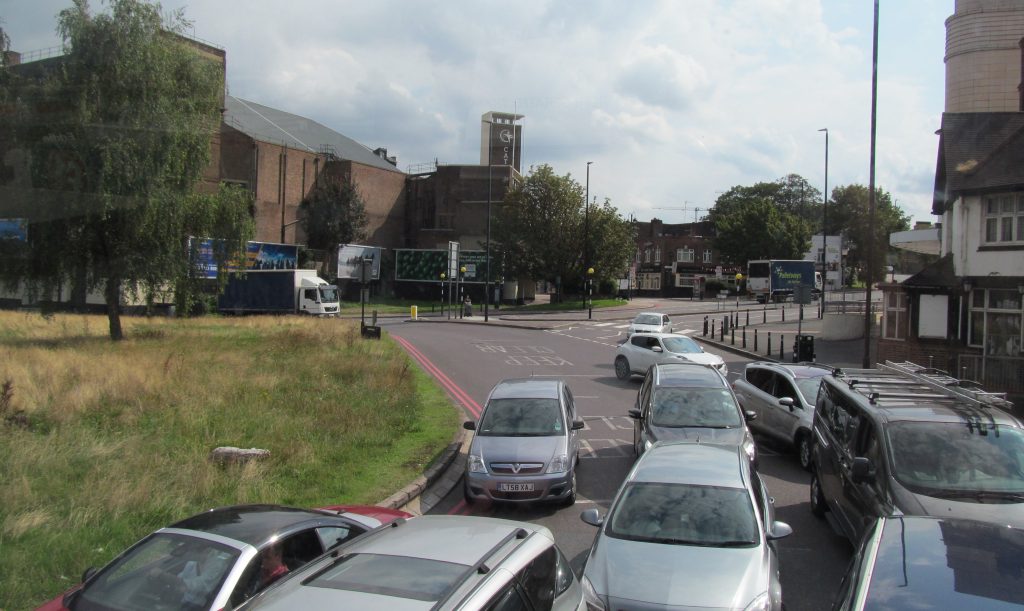
Diesel is another matter though vans newer than five years are not liable to pay and only older polluting vehicles will pay as diesel fumes cause greater damage to public health costing the NHS large sums.
Those that do pay will see a £12.50 charge.
Money maker?
This gets us onto the “money maker” angle. Well, if it is then it’s not much of one. TfL now predict just £35 million in annual revenue according to a December 2020 report, which is a pretty small amount of their overall budget. For the first stage of ULEZ, the compliant rate increased from 39 per cent in 2017 to 77 per cent in 2019. The rate of growth is clear and results in relatively small income totals post October 2021.
Savings in healthcare will vastly exceed that number – though of course that doesn’t benefit TfL directly.
One example of pollution related cost – both in terms of health and financial – is Brent which sees high levels of diesel related pollution. The proportion of those aged 10-18 admitted to hospital with asthma related emergencies is more that 57 per cent higher than average levels in England.
It is estimated that removing the most polluting vehicles – especially diesel – will result in 300,000 fewer people developing diseases such as asthma and diabetes by 2050.
Scrappage
TfL also launched a scrappage scheme to assist people with vehicles that fail forthcoming emission levels. I covered it in 2019, and it saw £25 million budgeted which pays £2,000 per car to owners. Not bad to get cash for a petrol car older than 15 years in age. In addition £2 million was allocated to vans and minibuses with payment up to £7,000.
That £27 million removes a decent chunk of the first year’s ULEZ income, and by year two income is expected to fall further as many will then have compliant vehicles. The money making line doesn’t really add up.
In fact, if raising money was the main aim they could have extended the zone across all of London as some called for, had stricter standards and not allocated £27 million for a scrappage scheme.
There’s also the claim the poor are suffering – though many of the poorest do not drive and also live in heavily polluted areas. While car owners saw a scrappage scheme and £27 million budgeted, public transport users are set to see fare rises above inflation in years to come and heavy cuts in services.
Pollution around the edge?
There’s a risk that in the short term vehicles which are liable to pay will increase in areas around the boundary such as Woolwich, as similar did happen around the boundary when the first LEZ was introduced. The south circular itself is excluded so more people may head to the ferry in the short term but with so many vehicles exempt it could be negligible totals. It’ll possibly be more out of ignorance than reality.
There’s also a risk people will park up around Woolwich and then travel into central London on public transport rather than commence a public transport journey at their nearest station. Greenwich’s very poor parking enforcement means this is a risk that needs watching.
As an aside, by the time Silvertown Tunnel opens in 2025 the impact will probably dissipate as any petrol car newer than 20 years old won’t pay and neither will diesels newer than a decade in age, so any impact in reducing traffic from ULEZ on those heading to and from the tunnel (as proclaimed by Sadiq Khan in his arguments for it) look extremely marginal by 2025.
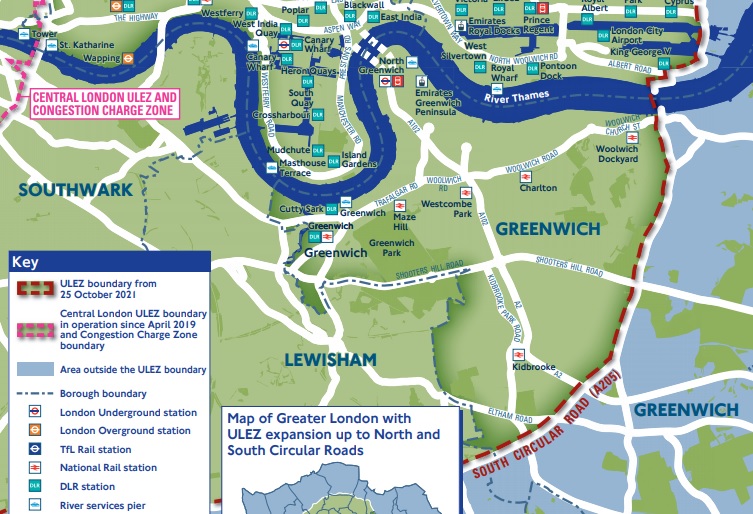
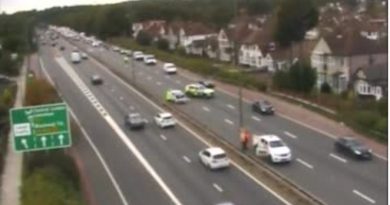
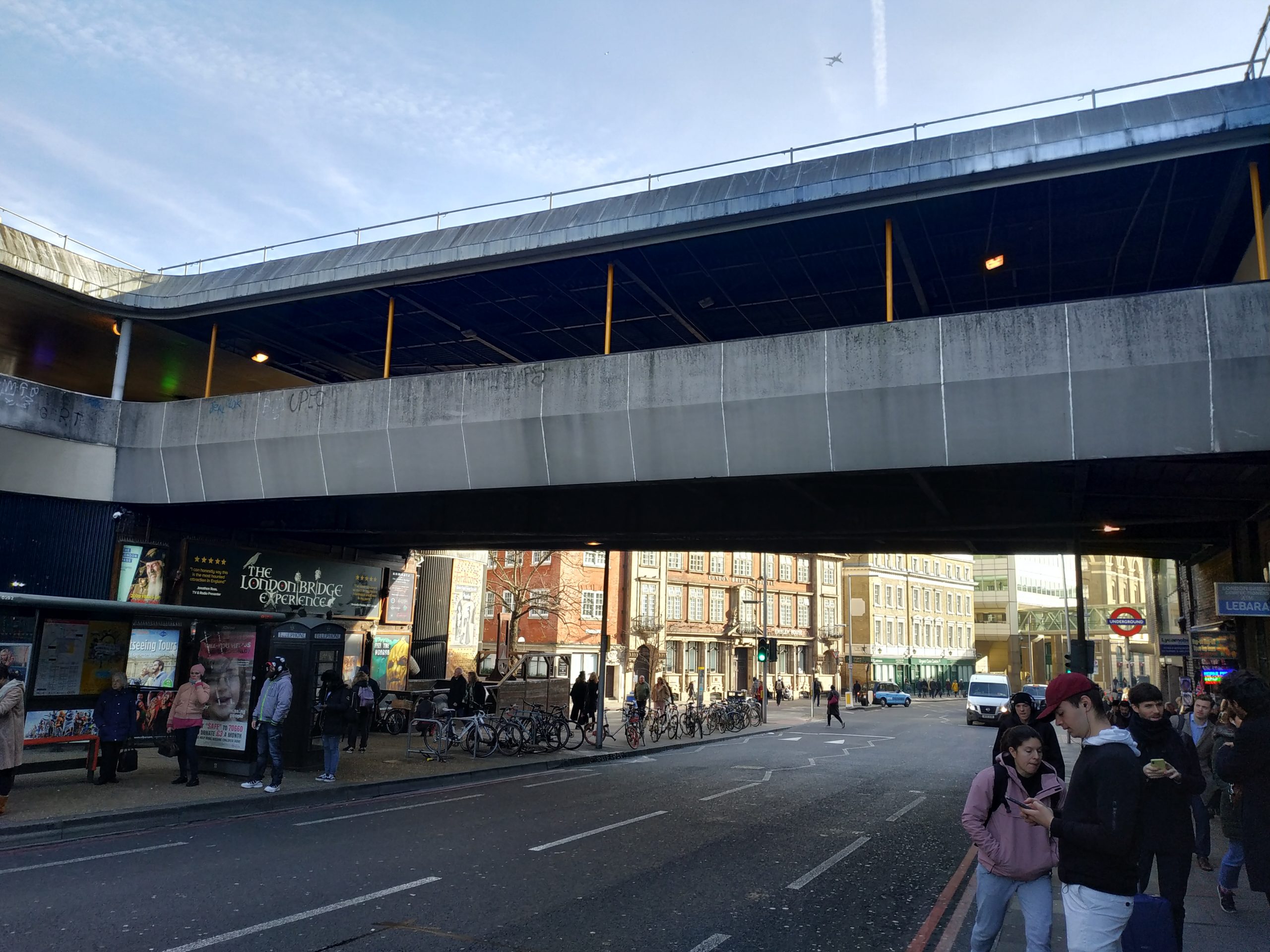

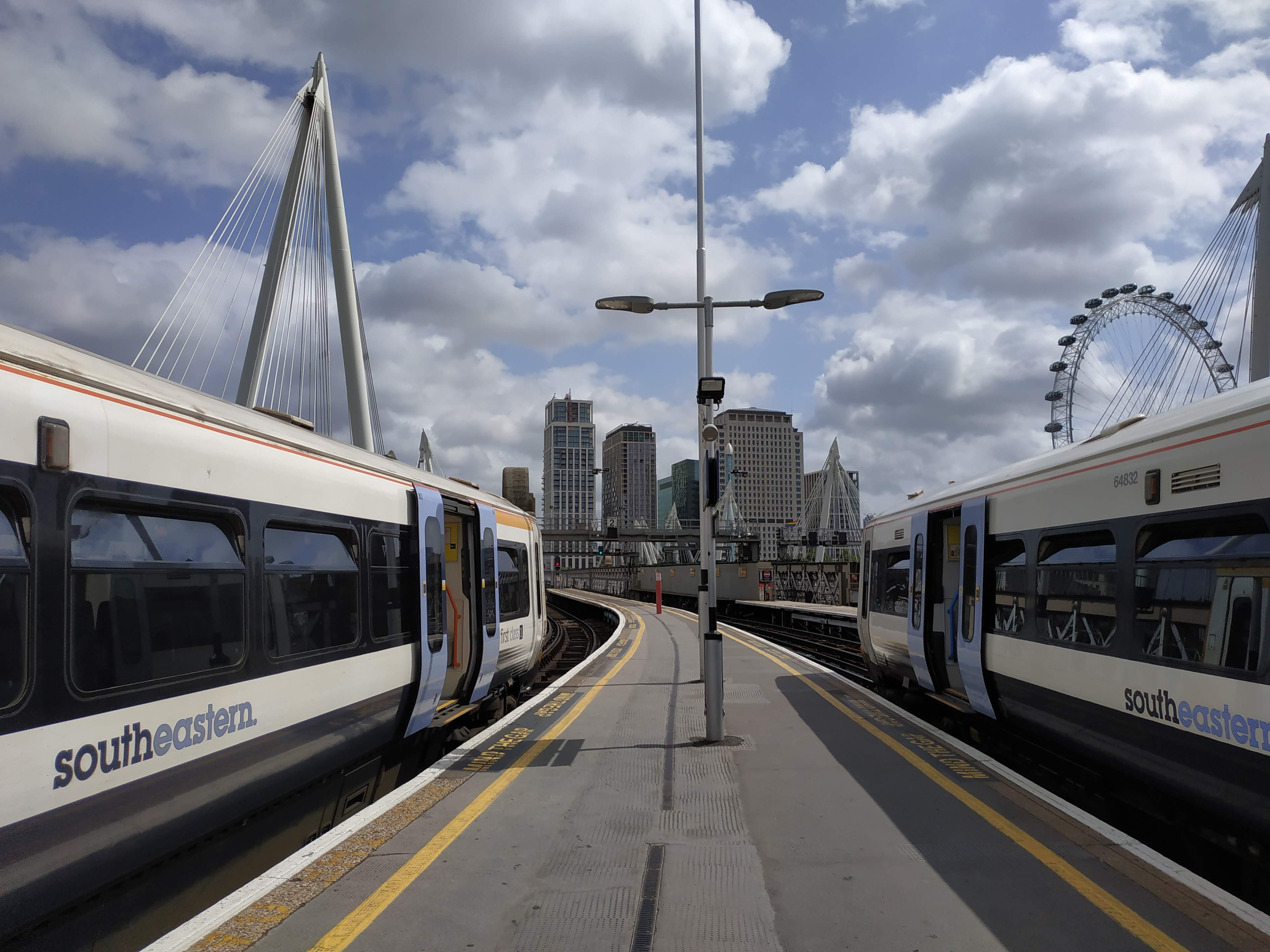
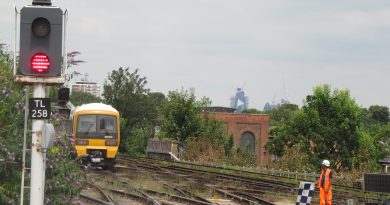

Regarding the scrappage scheme, the author declares: “Not bad to get cash for a petrol car older than 15 years in age.” However, it appears he has not read the terms and conditions of the scrappage scheme that he seems so keen on – information which was also missing from his linked 2019 article on the topic.
The TfL site states:
“The ULEZ Car and motorcycle scrappage scheme is open to those who live within the 32 London boroughs or the City of London and receive certain means-tested and non means-tested disability benefits. They will be able to apply for a grant to scrap vehicles that don’t meet the Ultra Low Emission Zone (ULEZ) emissions standards.”
It then goes on to list various applicable benefits.
The author then goes on to tell us that:
“There’s also the claim the poor are suffering – though many of the poorest do not drive and also live in heavily polluted areas.”
Considering that the ‘poor’ are likely to be on the benefits that TfL has listed, but, however, as the article states, will be unable to afford to drive, it seems unlikely that much of that £27m in cash set aside for the scheme will be used anyway. Or is it £25m? Both figures appear in the piece.
My partner is on a low income but is not eligible for benefits, her low mileage car is 21 years old, but misses compliance by the tiniest of margins. While she’s not impoverished, she certainly can’t afford a new car.
Note to editor: read the press release in full before gushing about it.
Should taxpayers pay for those not in need of benefits to get a car 16 years old or newer? Is that a priority above public transport services? Should Londoners pay for those outside the boundary?
It’s £25 million for cars and £2 million for vans and minibuses as stated = £27 million total.
I’m sorry your partner has to get a vehicle that is 16 years old or newer or use public transport, but the flipside is better health to many people.
We live near the A2 where traffic to the Silvertown Tunnel will be on the increase and tolls will be introduced too. So we have a ULEZ scheme being forced upon us and a tunnel that no affected council, apart for tone deaf Greenwich, actually wants.
Oh, the irony.
As for taxpayers helping out the needy. If the ULEZ expansion scheme was actually scrapped, along with the Silvertown Tunnel (which I gather has little in the way public transport in place), then I think we’d all be better off.
It is proposed that there will be 6 bus routes running through the Silvertown tunnels.
There will also be vehicles to carry bikes and their riders through the tunnels.
As an owner of an older diesel car, my frustration has been being caught between previous government advice that diesel was a better choice in terms of emissions and current advice that it is damaging. The car has been regularly serviced, and is just on the edge of the ULEZ standard. I’m not in a position to buy a new car at the moment, and I suspect many will be waiting until after the covid pandemic clears to decide how to proceed. I’ll likely just pay the charge for a few years if driving infrequently.
As an aside, is there any clarity on whether congestion charge funding will go to central pot for maintaining roads nationally or be prioritised for London?
I’m also not far from the A2 and have a 20year old car that is extremely well maintained (at great expense). I walk to work and only use my car infrequently, so i’m forced to sell and purchase a newer car at the worst possible time where I have no idea what my employment situation is going to be in the next 6 months.
I thought it would have been a better compromise to say those who have cars that don’t meet the ULEZ requirements can continue to use them within the zone at no charge, but once the car is replaced or you register a new car in your name, it must meet the ULEZ standards or you will have to pay the ULEZ charge.
It didn’t take long for a driver to pop up moaning. A 21 year old car is not likely to be too good for public health. This measure is needed to get polluting older cars off the road.
A quick look online shows a 16 year old car that is exempt can be bought for peanuts. A perusal of gumtree and auto trader is there for all to use. Considering that the person complaining will then probably be benefiting everyone through lower emissions in many instances, why not do that? And if that isn’t affordable, how do they afford a car + tax + insurance + fuel? It’s like some want the world to pay even when they are inflicting fumes on others. Sorry, nope.
Fact check. The LEZ was first introduced in 2008 by the then Mayor of London,Labour’s Ken Livingstone in the months before he was beaten in the Mayoral election by Boris Johnson. The ULEZ was first proposed by Conservative, Boris Johnson as Mayor in 2012, but was not introduced until 2019 under Labour Mayor Sadiq Khan. Sadiq Khan has also tried to extend the ULEZ to the North and South Circulars but it was blocked by the Boris Johnson Conservative Government.
Perhaps a follow-up article is in order, if you’re going to write about how “ignorance abounds”, as TfL isn’t exactly helping here.
The TfL site has a page on Discounts and Exemptions.
https://tfl.gov.uk/modes/driving/ultra-low-emission-zone/discounts-and-exemptions
It states:
“Some drivers and vehicles qualify for at least a temporary discount from the Ultra Low Emission Zone charge (ULEZ). Others are entirely exempt.”
This sounds encouraging. Tell me more…
“Residents: This discount is temporarily closed to new applicants.”
Fancy finding out how long ’temporarily closed’ is likely to be in reality? I’m sure that many of your readers would be very interested to know.
I looked into the scrappage scheme and it seems pretty generous. The list of eligible benefits is extremely long including tax credits and many others. If someone isn’t eligible for *any* of them I’d argue they are well off enough to sell/scrap a 20 year old car and subsequently able to afford to purchase an old car from 2005 which will hardly break the bank.
I don’t have too much sympathy having looked at the scheme and knowing people have had years to prepare for this which, let’s not forget, will benefit health of so many people in the capital. The way some go on it’s like most people will be paying the fee.
Its far too cheap to drive in London. Car drivers free ride and refuse to pay the true costs of driving a private vehicle. They are paid by the rest of society. Pay up and stop moaning!
I’d say otherwise. Every year running a car means paying VED, insuring the car which includes a tax (IPT), MOT, and there’s the duty on petrol. VAT is included when servicing the vehicle or buying parts, some of which can be very costly. Apart from some of the larger supermarkets, on-street parking in many parts of London is not free, even if driving an EV or PHEV.
In addition, many people who have cars are employed, so are paying taxes on earnings the same way as people who do not own cars. Drivers most certainly do pay.
Why is there so much congestion if driving is so expensive? Drivers are subsidized by general tax payers who pay for the construction and up-keep of the road network and for the external costs (pollution etc) that driving causes. Driving is far too cheap.
About time the worst cars are ‘driven’ out of London. The roads around Greenwich town STINK of fumes from cars and vans and it’s always those who walk and cycle that has to put up with it